Basic Addition Skills Extra Challenge Worksheets for Ages 3-8
7 filtered results
-
From - To
Boost your child's confidence in math with our Basic Addition Skills Extra Challenge Worksheets, designed for ages 3-8! These engaging and printable worksheets offer a variety of fun activities that help young learners master addition concepts in an enjoyable way. Each worksheet features colorful illustrations and age-appropriate problems that challenge children to think critically. Ideal for both classroom use and at-home learning, these worksheets enhance problem-solving skills while reinforcing foundational math abilities. Encourage your child's love for learning and help them excel in math with our thoughtfully crafted extra challenges. Perfect for parents and teachers looking to enrich early education!
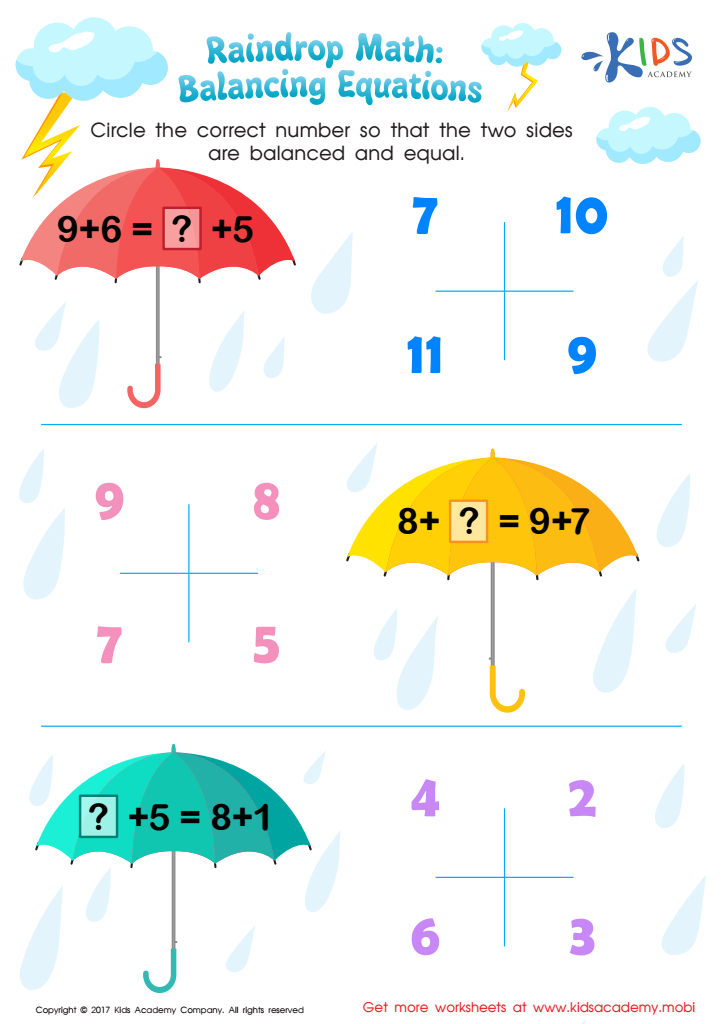

Raindrop Math Printable
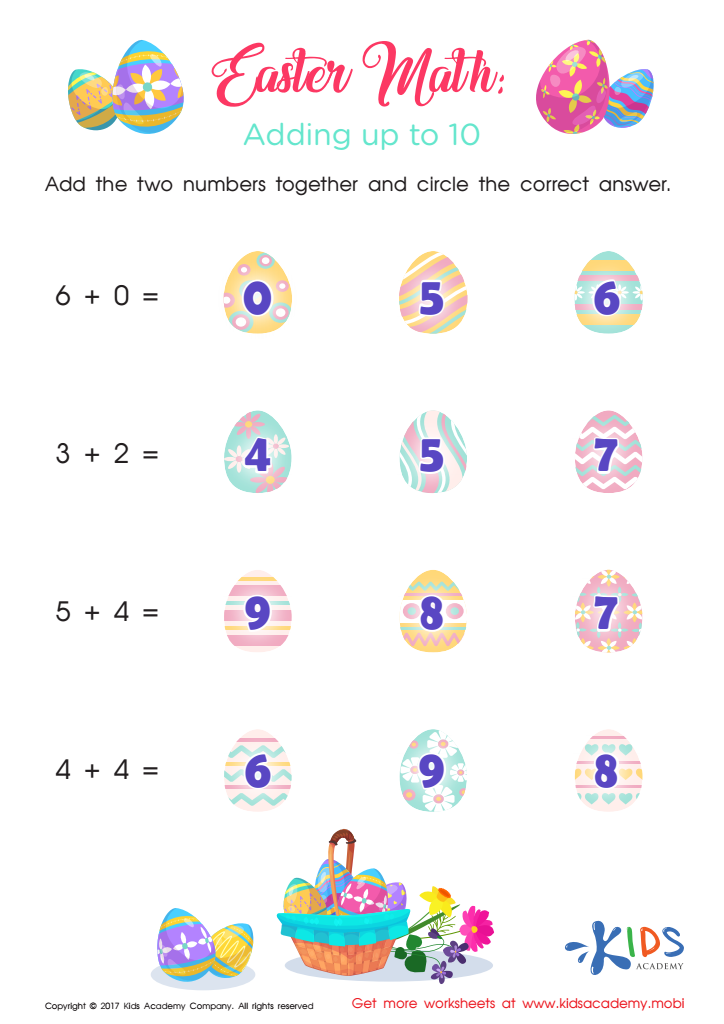

Addition Up To 10 Worksheet
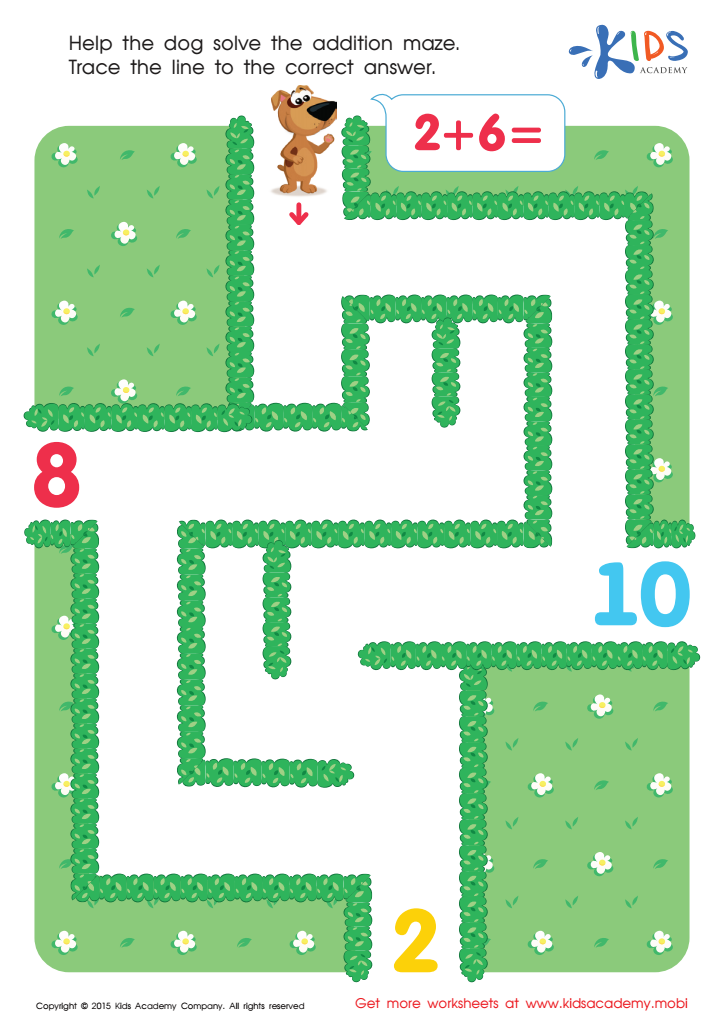

Two Plus Six Addition Worksheet
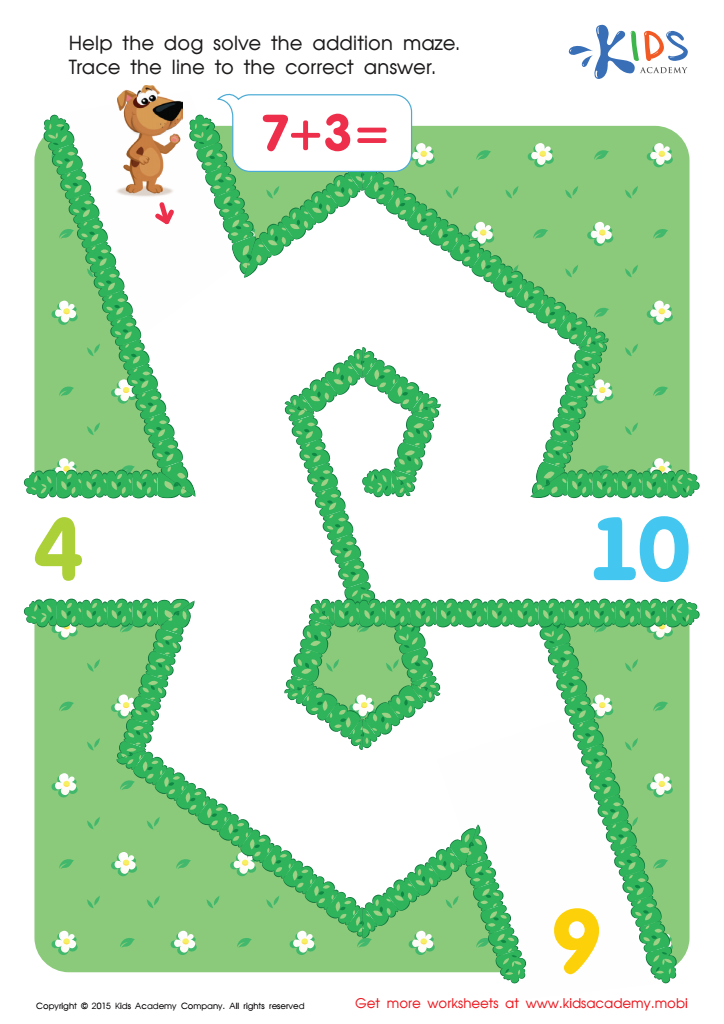

Seven Plus Three Worksheet
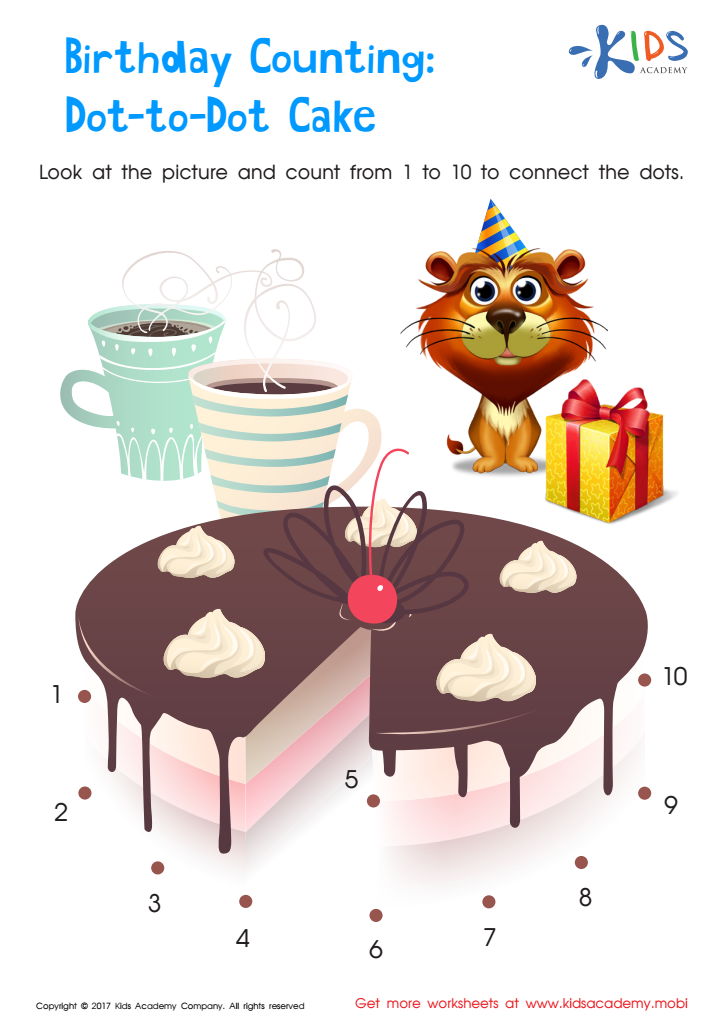

Birthday Counting Connect Dots Worksheet
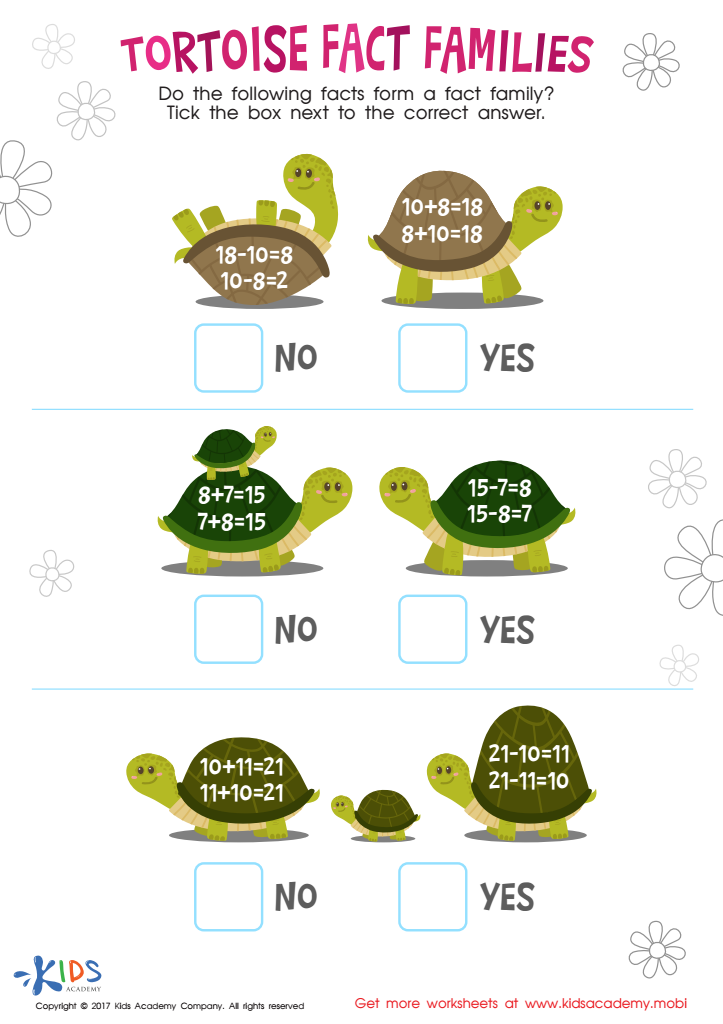

Tortoise Fact Families Printable
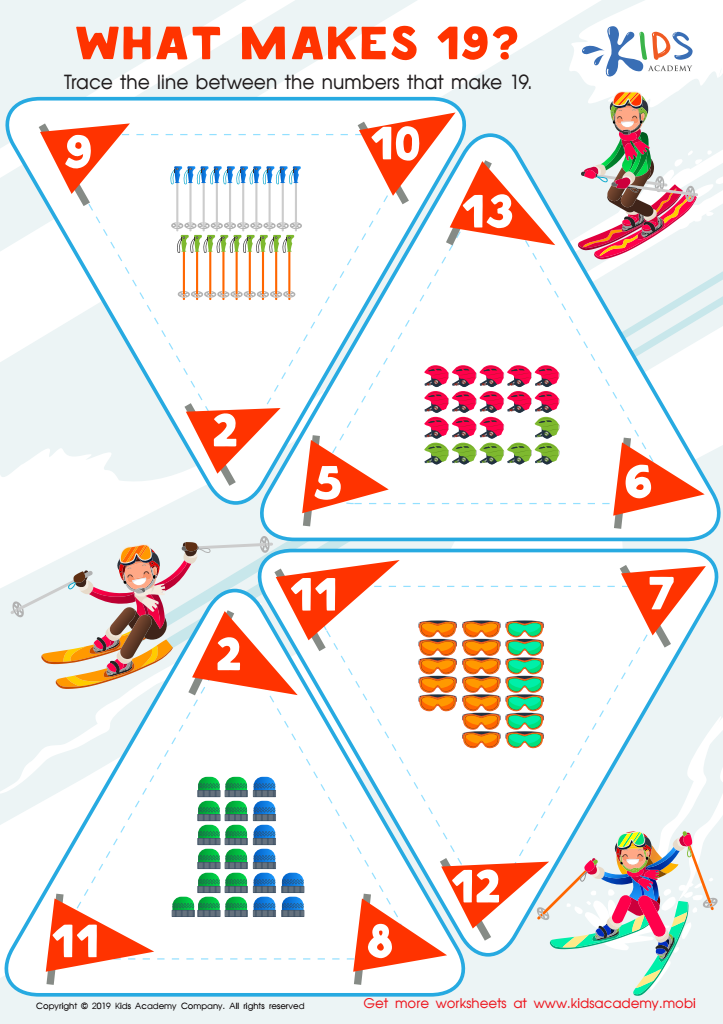

What Makes 19? Worksheet
Basic addition skills are foundational for children's cognitive development, and engaging in Extra Challenge activities for ages 3-8 holds significant value. First, fostering a strong mathematics foundation at an early age enhances critical thinking and problem-solving abilities. This early exposure prepares children for more advanced concepts later on.
Additionally, Basic Addition Skills Extra Challenge activities often incorporate play and creativity, making learning enjoyable. When parents and teachers prioritize such activities, they not only reinforce numerical understanding but also create positive associations with math, reducing anxiety around the subject in later years.
Moreover, mastering addition helps in developing essential life skills, such as budgeting, planning, and decision-making. By embracing challenges, children build resilience and learn the importance of perseverance when faced with difficulties.
Furthermore, personalized support and attention from adults can identify areas where a child may struggle, allowing for targeted interventions and support. Encouraging children through these challenges nurtures self-esteem and a growth mindset, which carry into other academic areas.
In summary, investing in Basic Addition Skills Extra Challenge programs for this age group serves to enrich children’s mathematical abilities, foster a love for learning, and equip them with critical life skills. It's a formative step toward lifelong learning.
 Assign to My Students
Assign to My Students





















